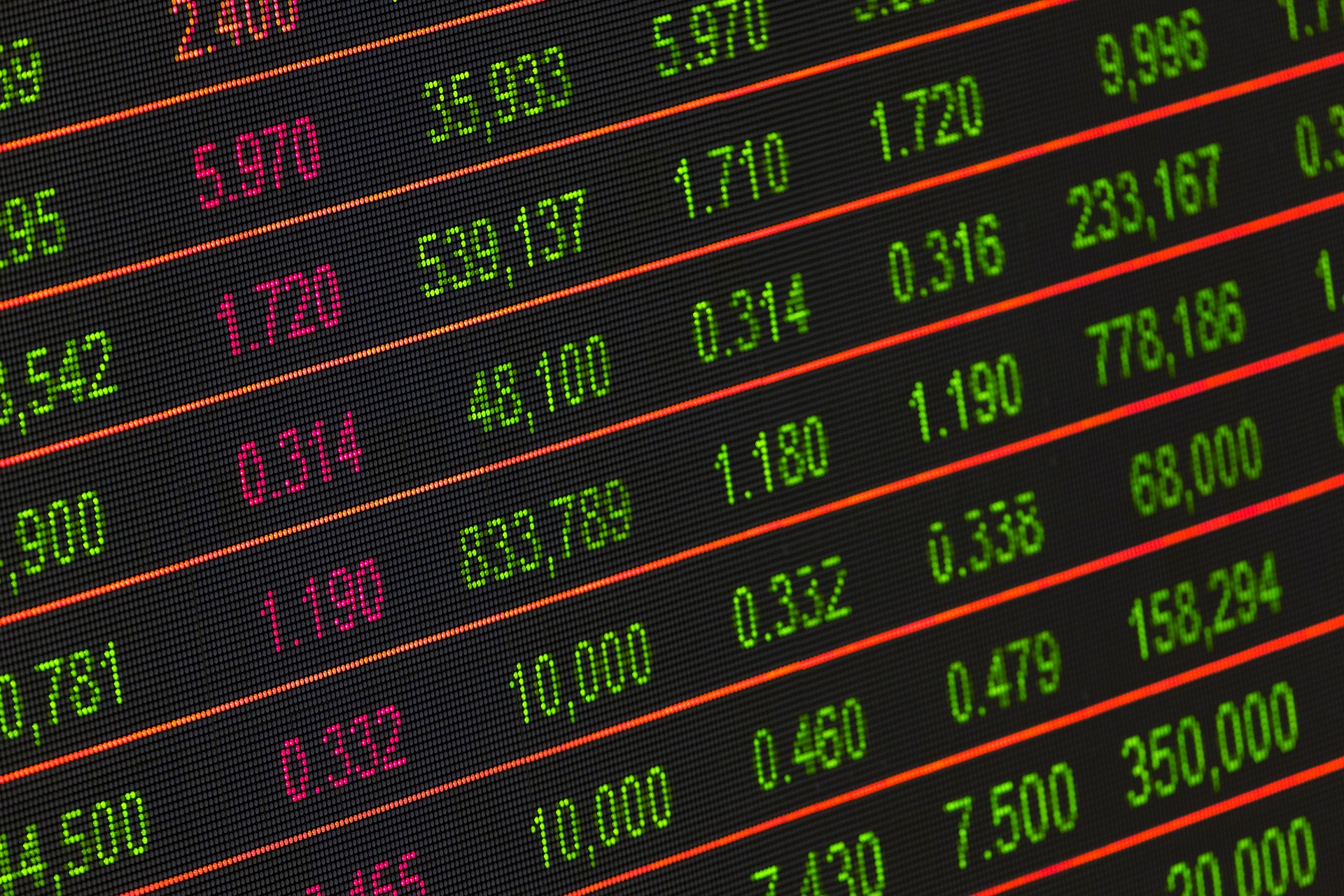Inflation throughout the pandemic has had many impacts on the economy, leading to a significant increase in the number of millionaires in the U.S. According to the Global Wealth Report published by Credit Suisse, the number of millionaires rose by 5.2m to over 56m. In this article we will explain how and what caused this to occur.

What is Inflation?
Inflation represents the rising price level of goods and services in the economy. Inflation has an impact in a lot of areas in our lives. First off, it erodes the purchasing power of consumers, since goods and services become more expensive to purchase as money becomes less valuable. However, inflation has some positive effects on assets such as stocks, real estate and commodities, which increase in value with inflation. This makes for a widening gap between wealthy individuals who have the means to invest resources in these asset classes and other people who don’t.
If you are interested to know how the inflation has changed over the years, an inflation calculator can help you do so. The calculator measures the change in the price of goods and services by using the Consumer Price Index for All Urban Consumers.
Inflation impact on stocks
Typically, earnings and profits of companies increase at the same pace as inflation. This means that there is a positive correlation between inflation and the price of stocks for major companies. In other words, as inflation rises, the stock price of large companies goes up as well, and vice versa. Numerous studies show that it is unexpected inflation that causes the biggest positive effect in the stock value of these companies.
It is also worth mentioning that companies that want to maximize their rewards can also charge higher prices for their goods and services if they notice that demand for the goods and services is not impacted by this change in prices. In other cases, the suppliers themselves withhold products from the market in order for the prices of these products to increase.
We can clearly see how the wealth of investors would boost if inflation rises. Wealthy individuals who have invested their money in large companies’ stock would experience an increase in their wealth from the rise of the companies’ stock value. This would cause the gap between the rich and the poor to widen as the latter’s purchasing power drops without any change to offset it.
Inflation impact on real assets
Similar to stocks, inflation tends to have a positive impact on real assets, such as real estate and commodities. As we mentioned earlier, rising inflation means increasing prices of goods and services. This includes the materials needed to build a house. Since now it costs more to purchase the materials needed, home construction becomes more expensive. As a chain reaction, given that it costs now more to build a house, the prices of houses increase as a consequence. Moreover, house prices increase automatically when the central bank increases the money supply in the economy.
Even for investors who do not own property, inflation is beneficial as they can invest their money into REITs or Real Estate Investment Trusts. These are companies that make investments into income producing real estate. With an increase in inflation, property prices and rental prices, REITs will experience an increase in the value of their shares. The wealth of individuals who have invested in these REITs would therefore increase.
As with stocks, individuals that have some of their wealth stored in real estate will experience an increase in their wealth. Moreover, landlords can also increase the rental prices of their properties which translates into higher cash flows for investors. This further contributes to widening the gap between the rich and the poor.
In conclusion, rising inflation has various implications on the economy and on different individuals’ wealth. It causes the purchasing power of the U.S. dollar to drop. This means that the same amount of money can no longer buy the same amount of goods and services as before. These goods are now more expensive. On the other hand, the wealthy class of the society that has the financial means to invest in asset classes such as stocks and real estate experiences an increase in their wealth. This happens because the value of stocks of large corporations, house prices and rental prices increase with rising inflation. This phenomenon is a driver for the gap between the rich and the poor to widen when there is rising inflation.









